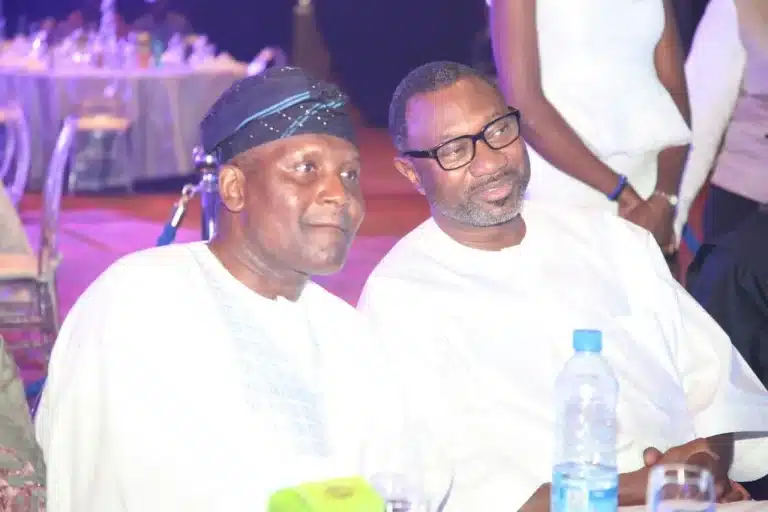The Nigerian government has appointed three of the nation’s most prominent business leaders—Aliko Dangote of Dangote Group, Tony Elumelu of Heirs Holdings, and Femi Otedola of Geregu Power Plc—to lead the charge against malaria through the Nigeria End Malaria Council (NEMC).
The NEMC, established in 2017 and officially launched by former President Muhammadu Buhari on August 16, 2022, is tasked with coordinating national efforts to eradicate malaria in Nigeria.
These newly appointed leaders are expected to intensify efforts under the NEMC to address the malaria crisis, which remains a significant health challenge in the country.
During the inauguration ceremony held in Abuja, the Minister of State for Health and Social Welfare, Tunji Alausa, highlighted the critical impact of malaria in Nigeria. He noted that Nigeria accounts for over 25% of global malaria cases and roughly a third of global malaria-related deaths, with children and pregnant women being the most vulnerable groups.
Alausa described the situation as “tragic,” emphasizing that malaria contributes to approximately 25-30% of childhood deaths and 60% of hospital visits in Nigeria. The disease also leads to significant absenteeism in schools, workplaces, and markets, exacerbating financial burdens on households.
The newly appointed NEMC leaders will collaborate with the Nigerian Governors’ Forum (NGF), national assembly health committees, and women’s organizations to advance the agenda of malaria elimination in Nigeria.
Alausa stated, “It is my honor to be part of this important initiative aimed at reducing the malaria burden and ultimately eliminating malaria in Nigeria, which will significantly enhance the quality of life for all Nigerians.”
He further remarked, “Nigeria remains a major contributor to global malaria cases and deaths, particularly among children and pregnant women. Malaria accounts for a significant portion of childhood mortality and hospital visits in our country.”
“Despite progress in other nations, Nigeria continues to see a rise in malaria cases. The majority of our malaria interventions are donor-funded, which is neither sufficient nor sustainable.”
To address this, Alausa recalled the African Heads of States’ initiative launched in 2009, the African Leaders Malaria Alliance (ALMA), and the Malaria Scorecard developed in 2011 to monitor national performance and advocate for stronger governmental action.
The establishment of the NEMC is intended to ensure that malaria remains a top priority at both national and state levels, with strong political commitment and the mobilization of resources from diverse sources.
Alausa concluded, “Given your influential positions in Nigeria, your commitment to health issues, particularly malaria, and the communities you represent, your membership in this council is crucial for the benefit of society, especially for children and pregnant women who are most affected and will be forever grateful.”
As part of the ceremony, the minister formally handed over the leadership of the council to Aliko Dangote.














